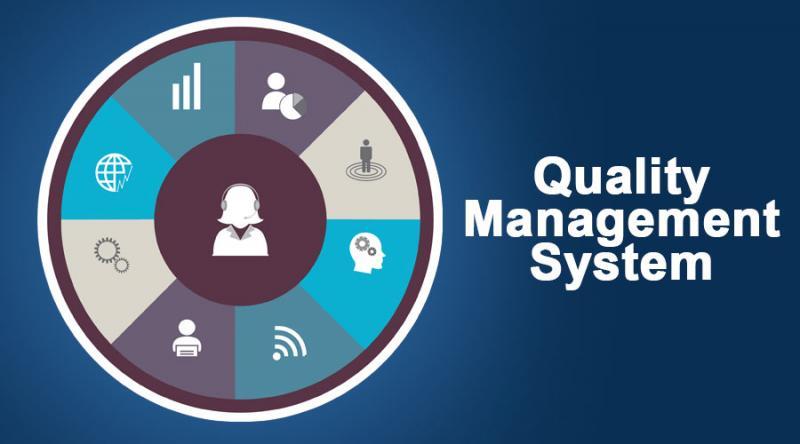


Internal audits are important for management system certification because they help ensure that an organization's management system is effective and meets the relevant standards. Internal audits can help identify areas where processes can be improved, such as reducing waste, improving efficiency, or increasing the consistency of products or services.
Management system standards require internal audits to be conducted to provide information on whether the system is effectively implemented and maintained, and to determine how well it conforms to the requirements of the relevant standard(s), and your organization’s own requirements.
The benefits of Effective Internal Audits are as under:
Internal audits are required for the following management system standards:
Management system standards require internal audits to be conducted to provide information on whether the system is effectively implemented and maintained, and to determine how well it conforms to the requirements of the relevant standard(s), and your organization’s own requirements.
Praditha Engineers (PE) offers the following service to the organizations already certified under various Management Systems:
One significant challenge your organization may face regarding internal audits is a lack of sufficiently competent or impartial resources to conduct your internal audits. To help you overcome this, PE which has a team of well experienced and highly knowledgeable retired senior officers of BIS with three decades of experience be deployed to undertake internal audit of the management system.
We enable you to not only meet the auditing requirements of the management system standards, but also tangibly improve the effectiveness of your management system. Our experts can help you develop your internal audit schedule in line with your organization’s conformance requirements and can also be prioritized based on the factors, such as risk assessment findings, incidents, previous audit findings, etc.
Depending on the needs of your organization, internal audits may also be conducted with the following additional tailored and specific objectives:
© Copyright 2024. praditha.com All Rights Reserved.